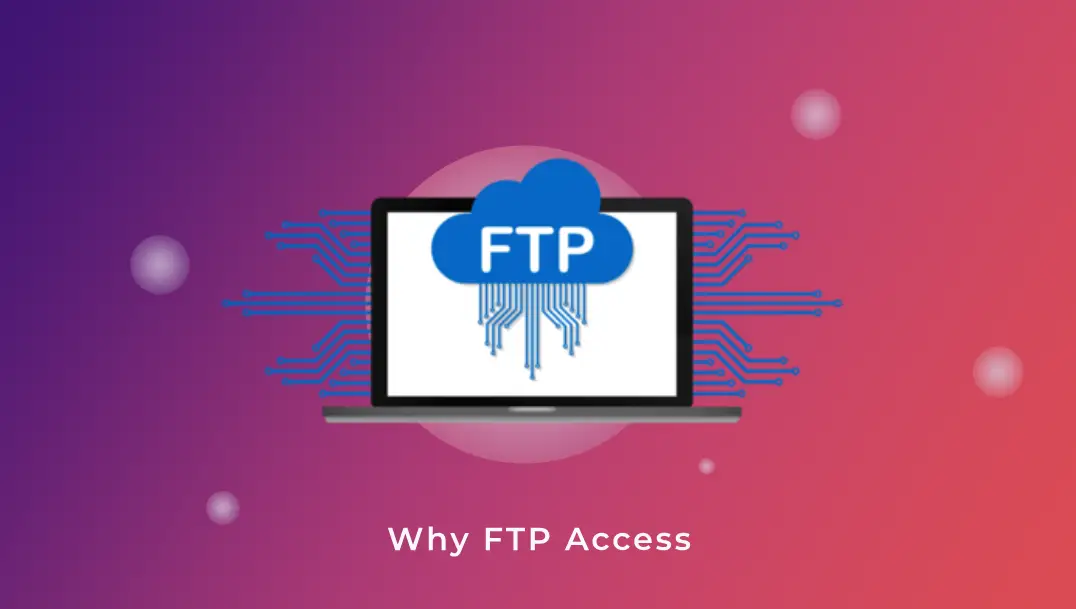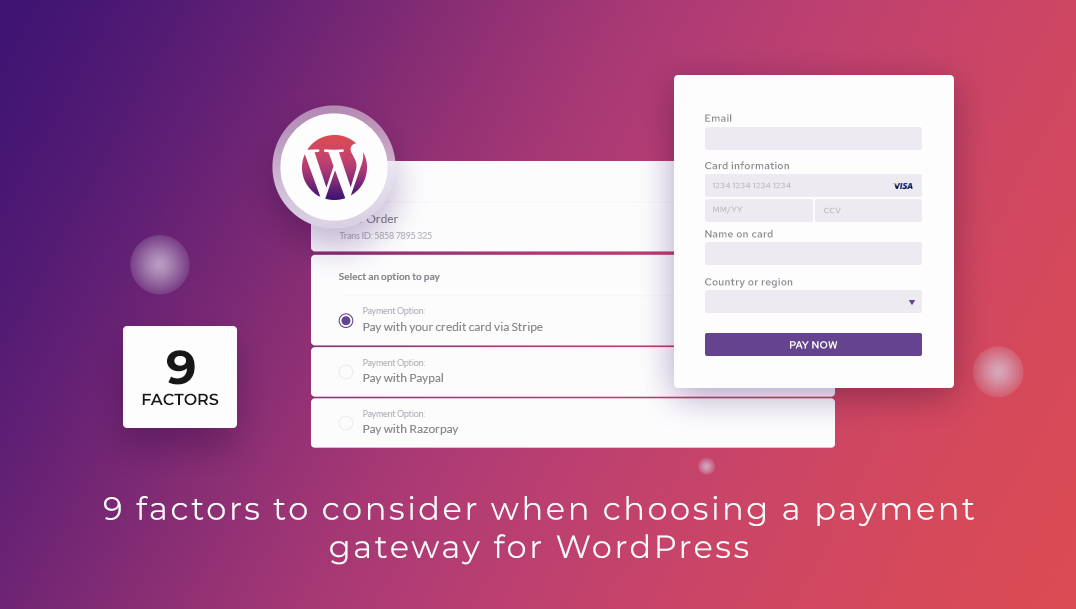Amazon may rule the roost when it comes to online marketplaces and with net revenue of $25.36 billion in the last quarter alone, there is little evidence to dispute that fact. However, Amazon and similar marketplaces such as Ebay and Alibaba rake in big business because they cast a wide net. Such horizontal marketplaces cater to a very large number of people because they have an astronomical selection of products on offer.
What about going against this status quo and off this well traded track?
At this juncture, we can ask ourselves “Is it possible to focus on a narrow set of products or a niche and still run a viable and profitable business?” Here is where the idea of niche marketplaces comes into play.
Technically speaking, a niche marketplace can be categorized as a vertical marketplace; organizing businesses based on their industry or specialized needs. They are very different from horizontal marketplaces like Amazon in that they offer a very specific set of products or services. Since these marketplaces cater to a narrow set of consumers, it makes them an ideal business model when it comes to achieving liquidity more relatively easily.
Why Put Your Money on Niche Marketplaces?
The problem with Horizontal marketplaces is that winners have already emerged and it is an odious task to disrupt the established ecosystem. Niche marketplaces focus on the inherent weaknesses of horizontal marketplaces and intensely focus on a product or service and deliver a vastly improved customer experience.
To put it rather simply, vertical or Niche marketplaces focus on doing a few things right instead of multi-tasking a hundred things barely like horizontal marketplaces, thereby improving customer satisfaction. Just to get a better idea of what I’m talking about, you can look up the usage statistics for Airbnb and Uber and find that within just 2 years it has dramatically increased by 145%.
So what does it mean to build a niche around your marketplace?
Increased Trust
The number of people willing to buy from an online marketplace has grown exponentially. The growth prediction for niche marketplaces is around 9% which means that with the increasing customer pool verticals that were once too small to be standalone marketplaces have a customer base that is meaningful.
Moreover, the advent and adoption of better and more accessible security technology, these marketplaces have become more reliable and safe – an issue which had been plaguing its growth over the years.
Targeted Marketing
Social Media strategies and Marketing communication of aggregator sites and niche sites also differ. While the former concentrates on masses and brand building, the latter focuses on personalization and engagement. Niche Marketplaces now have the ability to market their products to a specific range of consumers, an example would be targeted Facebook advertising where the end users are narrowed down on the basis of interests or zip codes.
Improved Customer Experience
Customers now want a better overall customer experience, from content curation to better products/services etc. Niche marketplaces are able to cash in on this aspect as they provide a more personalized experience on their products compared to a horizontal marketplace. Customer experience is the Achilles heel of broad horizontals and this is where niche marketplaces step in.
This example by Matthew Faustman, CEO of UpCounsel puts things in perspective. Scripted, a written-content platform for businesses, is a classic example of this shift. A user of Scripted merely needs to pick the type of written piece they are looking for (i.e. blog post, tweets, white paper, etc.), and Scripted does the rest by setting pricing, a defined scope of work and an assigned writer for the project.
Through oDesk’s (a horizontal service marketplace) RFP process, this could take up to three days to just to get the project started. With Scripted, you can get your project started in one sitting, and in less than 15 minutes.”
Observations and Ideas for Optimization
Any eCommerce business needs a certain degree of optimization to scale and function properly.
Focus on your product
You are building a niche marketplace, so narrow your product range to focus on quality, not quantity. Simplify the user’s choice and make sure your sellers meet the full criteria of the marketplace to provide high quality user experience. According to Tx Zhu, Managing partner at Karlin Ventures, “You may be tempted to provide users with a broad set of options, to drive customer satisfaction or capture a larger audience. But all those choices will only overwhelm them. Instead, you earn trust and loyalty by specializing in one area.”
The classic example is Uber, it captured a niche market of travel by providing high quality service with a limited focus to time-poor but quality driven audiences. Another example would be Threadless that is a user-generated T-Shirt and apparel website that determines its product line based on the results of online design competitions. Winning artists receive recognition, cash prizes and their designs sold on Threadless gear. The company has united a niche marketplace of trendsetting hipsters, artists and design aficionados seeking wearable art. Result: the company sells over 1 million shirts per year.
Proactive vendors
Selling on niche sites actually require more effort on the part of vendors when compared to a horizontal marketplace. According to Auctionbyte.com’s Steiner “Sellers need to be more proactive when selling on niche sites, employing marketing techniques such as email marketing, cross-selling and search engine optimization.”
In fact, selling on niche sites can put out a seller’s identity much easily than selling in a large marketplace. Phillip Davies, president of Tias.com, a site that sells antiques and collectibles, says about vendors selling in niche sites, ” Sellers must take more responsibility for their store when selling on a smaller niche site.It’s your own store, your own brand.”
Communication
In niche marketplaces, both the audience and sellers fall in a particular segment. So in order to deliver a superior customer experience, you have to make sure that the communication between the two sides is personalized and transparent also direct. A transparent channel will foment loyalty and trust, and retain customers as seen in the cases of Etsy and Airbnb, both which are niche marketplaces.
Compared to a horizontal marketplace, traffic is less. Therefore, retaining customers are a must so shape a direct and personal interaction medium. You must engage the buyer and seller communities and strike a balance to build a successful niche marketplace.
Content
In a niche marketplace, you already know your audience and what they expect, so stay ahead of your competition by offering distinctive and relevant content. Your customers must find a reason to come back which will in turn build an active consumer pool. A good example of this is the Showrooms metaphor from Poshmark, which lists 4, 000 items daily, but where sellers can showcase their fashion items by “designer, ” “theme (evening wear), ” or “recently added.” This curation is critical when a customer is mobile and just has a few minutes to be satisfied.
According to Leigh middleton, the founder and CEO of Six3, “Creating a smooth user experience is, of course, invaluable, as is the quality of the products that are available, but create engaging content and you can shape the audience’s understanding of those products and draw them into your lifestyle ideal through a compelling and digestible narrative. It is in this realm that you can clearly and concisely assert the knowledge and expertise of yourself and the vendors that you have stringently vetted for the platform, building trust and accelerating the move to purchase.”
Succeeding in a niche site depends on –
- Niche community,
- Viable existing niche site for these products
- Rigorous marketing to find, reach, convince and convert that niche community
It also involves, potentially, managing inventory separately from an existing online store and other sales channels.
Uber is currently valued at $50 Billion and Etsy’s revenue as of 2014 was $195.6 Million. These niche marketplaces are leaders in their own right but even they started small. So, work hard and there is absolutely no reason why you can’t be the next big thing in the world of niche marketplaces.
What’s your take on niche marketplace? Are they viable for your business goal or will you take the big leap to catch the larger buyers? Share your thoughts with us.





